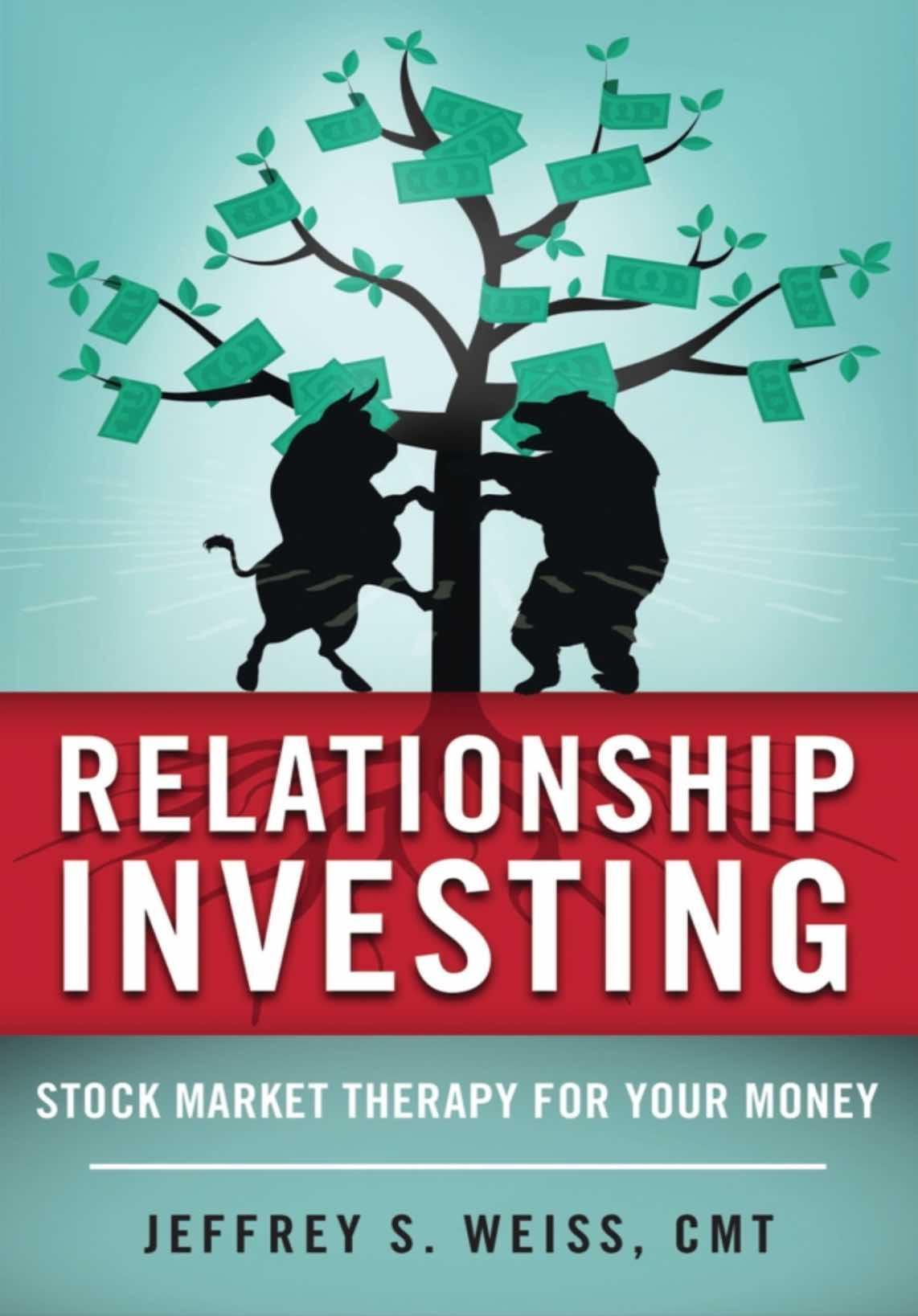I Think we can all agree on the highly positive aspects of hope and the optimistic tone it conveys in so many situations in our lives. Being hopeful, upbeat, and happy is far better than the alternative when it comes to experiencing so many of life’s challenges. It makes for a better quality of life as well. Far be it for me to dissuade you from this generally wonderful attribute—except when it comes to investing in the stock market.

Hoping, wishing, or expecting that a stock will go up if you own the shares (or down if you’re “short”) is not an investment characteristic. It’s based on what we’d like to see happen, which doesn’t count for anything on the investment scene. The market doesn’t care. Nor does it matter in the pursuit of a good exam grade or a successful business plan. Each involves hard work on an ongoing basis, not hoping and dreaming. Looking on the sunny side can be blinding when investing in the stock market, so be realistic and don’t substitute expectations for a course of action.
How often have we heard phrases like “I was hoping the shares would rally on the earnings announcement,” “I wish I had sold the stock sooner,” “I expected the shares to climb on the great news regarding their new product line,” or “I thought the lucrative contract they recently received would boost the share price.” There are so many others; take your pick. These phrases are of no use in helping us decipher the market’s message. In fact, they distract us from it. If I were writing definitions that related to “hoping” in a stock market dictionary, here’s what I’d include:
1. Piling more and more shares of a poorly performing name into your portfolio by “dollar cost averaging” (purchasing shares with a set dollar sum each month; you buy more shares at a lower price, less at a higher price) in order to lower your cost basis in the belief that the stock will eventually recover; thinking that lower is better, that bad is good.
2. The opposite of the Don’t Ever Average Down strategy, otherwise known as “DEAD.”
3. Wanting to add more capital to an equity position that you have already decided to sell in the faith that one big rally will get you to a break-even result; like saying that you need to become increasingly involved in a personal relationship or business venture that you’ve already decided you want to extricate yourself from because you think you’ll receive better terms later on; also referred to as high risk; a stress builder; can get you entangled deeper in a situation you didn’t want to be in to begin with.
4. Believing in a favorable investment outcome that often never materializes; often accompanied by no risk management plan to address the downside portion of the investment equation because the negative outcome wasn’t expected.
5. Often prolongs an unsuccessful investment outcome, leading to larger losses.
One of the many great quotes from that legendary trader of years ago, Jesse Livermore, went like this: “The human side of every person is the greatest enemy of the average speculator or investor.” That’s why I continually stress the importance of knowing yourself and how you’ll react in varying market scenarios.
Moral: Being an eternal optimist when investing in the stock market can earn you continual tax loss carry forwards on your annual tax return if you’re not careful. Hope is not an investment consideration, nor is it something on which a lasting personal relationship can be built. When an investment is going against you, don’t make hollow excuses for continuing to retain it. It’s the same premise as when you’re in a deteriorating relationship but rationalize enough of a hopeful scenario to continue in that partnership. Either makes little sense.
(To be continued...)

This excerpt is taken from “Relationship Investing: Stock Market Therapy for Your Money” by Jeffrey S. Weiss.
To read other articles of this book, click here.
To buy this book, click here.
The Epoch Times copyright © 2023. The views and opinions expressed are those of the authors. They are meant for general informational purposes only and should not be construed or interpreted as a recommendation or solicitation. The Epoch Times does not provide investment, tax, legal, financial planning, estate planning, or any other personal finance advice. The Epoch Times holds no liability for the accuracy or timeliness of the information provided.





